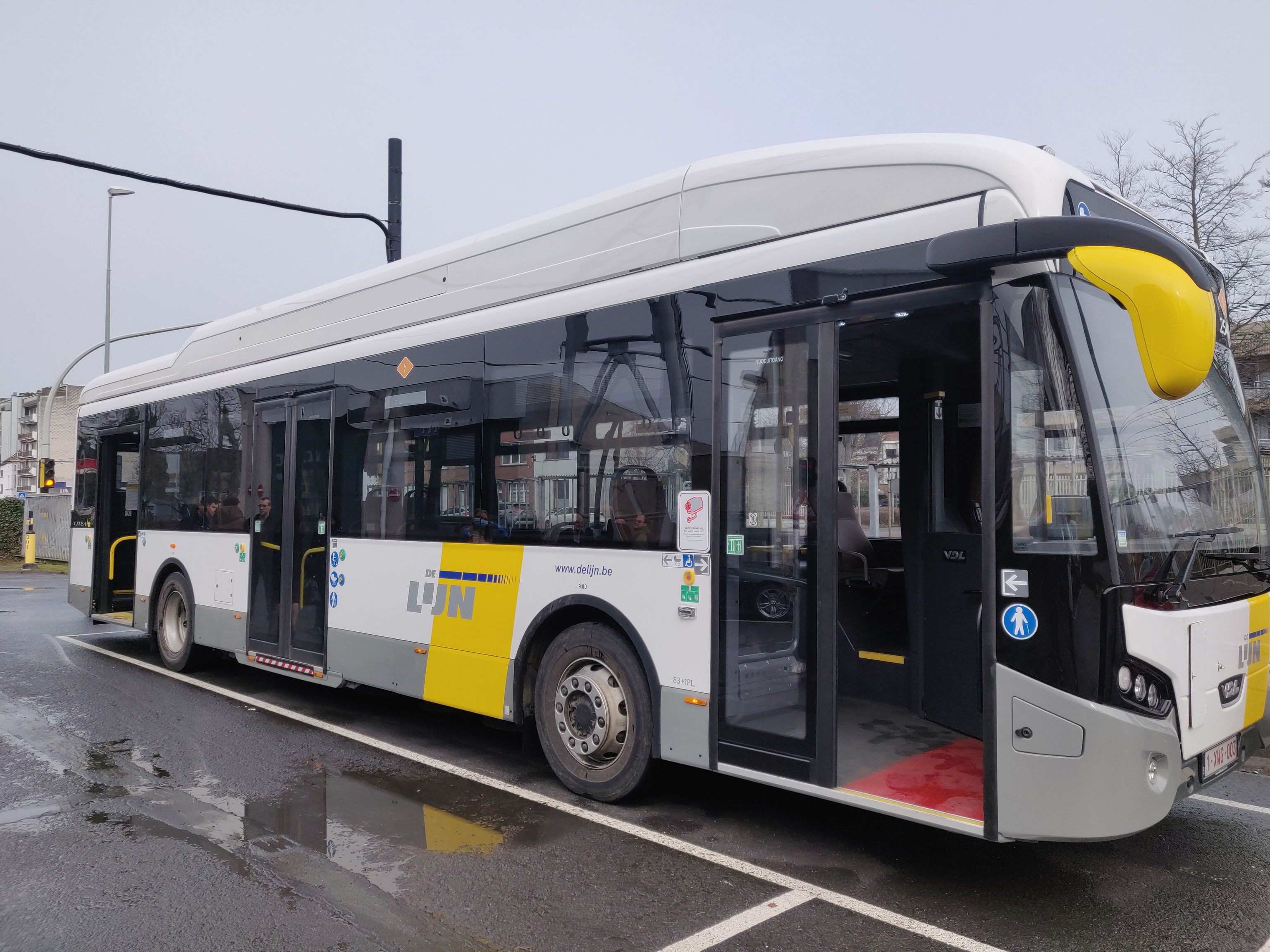Several municipalities in Flanders lose bus stops due to new services

The number of bus stops in dozens of Flemish municipalities will be reduced from a third to more than half as of this weekend. This is the consequence of the reformed service of the Flemish public transport company De Lijn, De Tijd reported on Wednesday.
On Saturday, De Lijn will take the second and most crucial step in implementing what's known as 'basic accessibility', which involves concentrating buses and trams on routes with higher demand, connecting residential areas with other essential hubs.
The downside, however, is that commuters heading to the suburbs or more remote areas will have to rely on flexible transport options such as on-call buses, possibly in combination with car-sharing, bicycles, scooters or electric scooters.
3,800 stops less
In Flanders as a whole, around 3,800 stops will disappear. According to calculations by De Tijd based on information from De Lijn's website, more than 6,100 stops will be lost, while around 2,300 new stops will be added. Earlier communications from De Lijn mentioned a loss of just over 3,200 stops.
In almost two out of three cities and municipalities in Flanders, the number of stops after the reform will be lower than the current number. The differences are substantial in West Flanders, Limburg and municipalities in the Flemish Ardennes. Thirty municipalities will lose more than a third of their stops, while the difference is more than 40 per cent in fifteen municipalities.
The movement for better public transport, TreinTramBus, expresses serious concerns. "Which travellers will benefit from this remains to be seen," says spokesman Kees Smilde. "We expect chaos and a flood of complaints." De Lijn and Flemish Mobility minister Lydia Peeters (Open VLD) have previously promised to "closely monitor the impact of the reform and make adjustments if necessary".
#FlandersNewsService | © BELGA PHOTO BO BOUILLAERT
Related News

